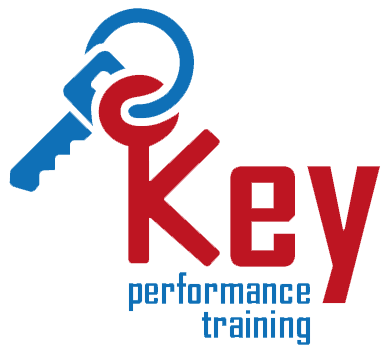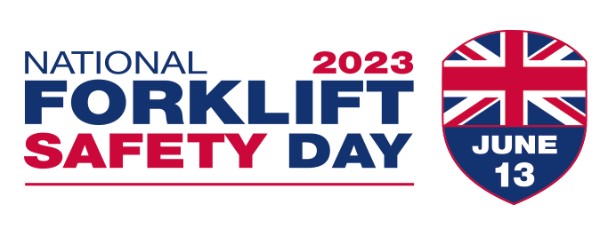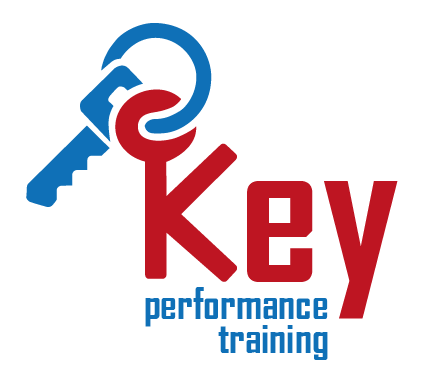
Positive Impact Award Finalist 2023

Positive Impact Award Finalist 2023
Key Performance Training is proud to announce that we have been shortlisted for the SME National Business Awards 2023 final, in the Positive Impact award category.
There was a record number of applicants this year, so reaching the final was no easy feat. We were selected as finalists for this category after we shared our story with the panel. We highlighted how proud we are to work with not only private companies and individuals to deliver high quality training, but also our work with charities and agencies that help people who might need more support.

We believe that everyone has the right to employment, and if you are willing to learn, then we are willing to help you do that. By developing these partnerships, we’ve helped lots of people turn their lives around, and we’ve helped provide them with dignity, opportunity and set them on the first step towards a rewarding career.
We’ve booked our tickets for the final, which is in London in December, so for everyone that has been a part of our journey, thank you and we’ll keep you posted on how we do.
If you’re looking to kickstart your career, or need to ensure your business is compliant, have a look at our courses on the website – https://keyperformancetraining.co.uk/
Contact us on 01793 975353 or rachel.gearon@keyperformancetraining.co.uk for more information about how we can help or to book your course today.

Need more information?
For more information please do get in touch – via our contacts page, email us or just give us a call on 01793 975353












